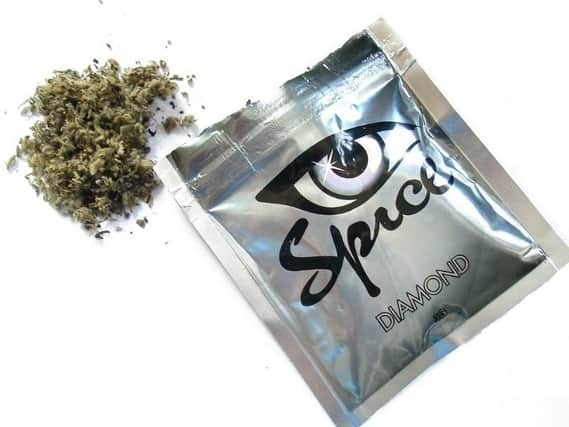Prison nurses at risk of spice's effects


Now the Royal College of Nursing (RCN) is calling on the Prison Service to protect health professionals from unavoidable exposure to the pyschoactive substance spice.
Other news: Drug dealer told to pay £55k or stay in prison
Health care assistants and nurses have reported enduring the after-effects of inhaling spice fumes for hours afterwards.
Advertisement
Hide AdAdvertisement
Hide AdHindley Prison is said to have major drugs issues, following a recent inspection - and inmates have previously claimed spice usage is endemic.
One prison visitor was jailed for attempting to smuggle canisters of the drug into Hindley in 2016, while concerns have also been expressed about the ease with which drones can be used to breach the prison walls for contraband purposes.
Against such a backdrop, the RCN has wrote to Michael Spurr, chief executive of HM Prisons, urging him to do more to safeguard the interests of their members.
Janet Davies, the college’s chief executive, said: “Spice poses a serious threat to nurses, health care assistants and prison staff, whose safety and long-term health is being put at risk day in, day out.
Advertisement
Hide AdAdvertisement
Hide Ad“As dedicated health professionals, prison nursing staff are expected to offer high quality care, but they should not be expected to put their own wellbeing on the line to deliver it.
“I have heard some truly shocking stories of nursing staff passing out or being unable to drive after exposure to spice.”
She has called for an urgent review of the guidance issued to nursing staff, when dealing with spice-affected inmates.
Nurses have reported feeling dizzy after an extended exposure to the drug - with some unsure over whether they would be safe to drive for hours afterwards.
Advertisement
Hide AdAdvertisement
Hide AdA Prison Service spokesperson said: “The best way to keep staff and inmates safe is to keep drugs out of our prisons.
“That is why we have trained more than 300 specialist drug dogs, introduced body scanners and intelligence-led searches, and made it a criminal offence to possess psychoactive substances in prison.
“We look forward to discussing these issues with the Royal College of Nursing.”
Thirty-five per cent of prisoners reported having a drugs problem when they arrived at Hindley - and another 14 per cent claimed they had developed one while behind bars, according to a survey conducted during a prison inspection.